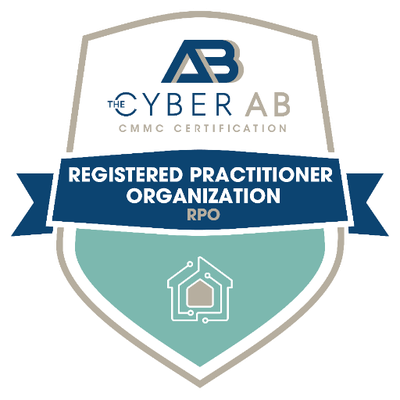The term “hacker” has a complex connotation. While some hackers use their skills for nefarious purposes, others contribute positively to the digital world by identifying vulnerabilities and enhancing security measures.
To understand the motivations that drive hackers, it helps to look deeper into the landscape of network security, where motives range from curiosity and profit to activism and the drive to learn.
Curiosity and Learning: The Ethical Hackers
Not all hackers are malicious. Ethical hackers, or “white hat” hackers, are motivated by curiosity and the desire to understand deep systems. They engage in hacking with the intention of identifying vulnerabilities and weaknesses, working closely with organizations to improve their security measures. For them, hacking is a game or a means of learning, problem-solving, and contributing to a safer digital environment.
Profit and Financial Gain: The Cybercriminals
Financial gain is a powerful motivator for cybercriminals, who use their skills to steal sensitive information, commit fraud, or extort money. Ransomware attacks, credit card fraud, and data breaches all fall under this category. The allure of monetary rewards drives cybercriminals to exploit vulnerabilities in systems, often utilizing sophisticated techniques to remain anonymous and evade law enforcement.
Hacktivism: A Call for Change
Hacktivists are driven by social and political motivations. They use their skills to raise awareness, advocate for causes, and challenge powerful entities. Hacktivism involves defacing websites, leaking sensitive information, or disrupting online operations to draw attention to big issues like government censorship, environmental concerns, and social justice causes. While their actions can be polarizing, they underscore the interconnectedness of technology and societal change.
Espionage and Nation-State Actors
Governments and state-sponsored hackers engage in hacking for espionage, intelligence gathering, or cyberwarfare purposes. Nation-state actors target other countries’ government systems, critical infrastructure, and industries to gain an advantage in geopolitics and security. The motivations here are strategic, aiming to gather sensitive information, disrupt adversaries, or exert influence on a global scale.
Ego and Prestige: The Thrill of Mastery
Some hackers are motivated by the ego boost that comes from outsmarting complex security systems. These individuals, often referred to as “script kiddies” or “black hat” hackers, hack for the thrill of proving their skills, demonstrating their technical prowess, and gaining recognition within underground communities. While ego-driven hacking may not always have a clear objective, it underscores the importance of recognition in the digital age.
The motivations behind hacking are as diverse as the individuals who engage in it. Understanding motivation is important for developing effective network security strategies and proactive measures to safeguard digital ecosystems.
As technology evolves, the boundaries between ethical hacking, cybercrime, hacktivism, and state-sponsored actions will also shift. Awareness and understanding of these activities provide a counter ballance and help maintain intelligent response in our digital future.



